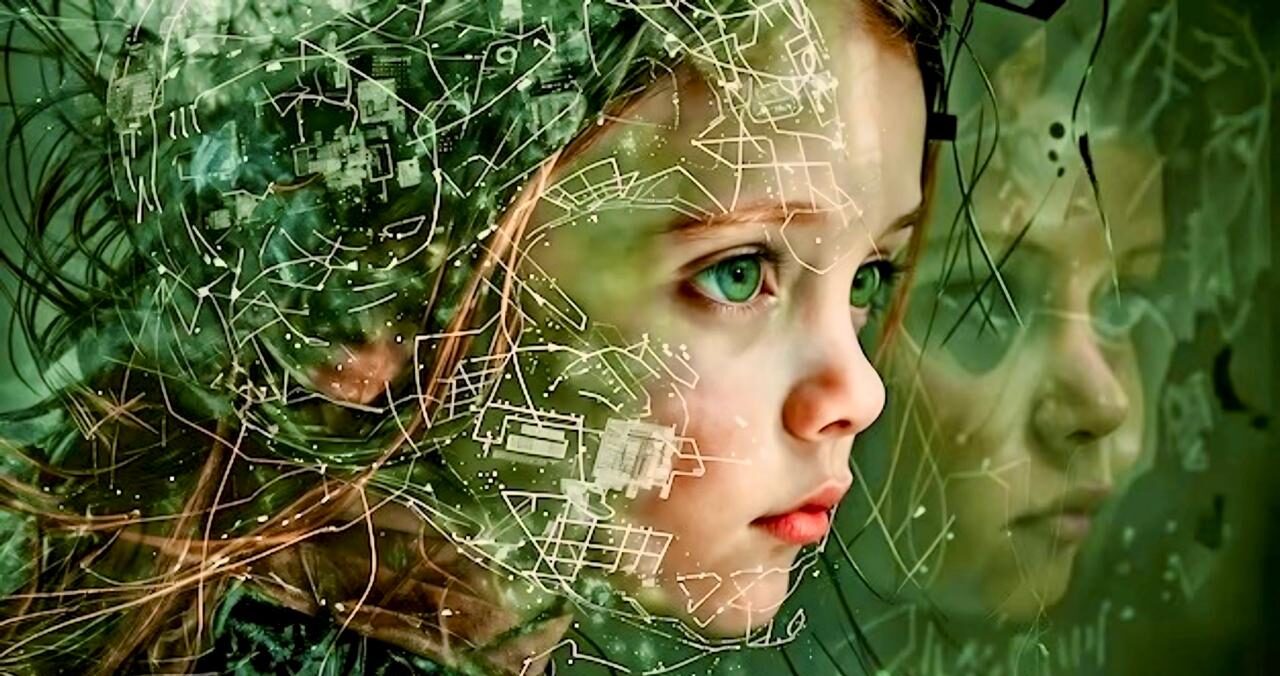Mariam Khayretdinova, a fervent supporter of mental health, discusses how artificial intelligence (AI) is changing the field of mental health treatment, especially in the areas of diagnosing and treating depression. She emphasizes the critical need for innovation in the area by drawing on her own experiences as well as an examination of contemporary psychiatric procedures.
The Hidden Struggles of Mental Wellness
Jay, a seemingly ideal person with a fulfilling work and a devoted family, struggled silently with severe depressive illness. Jay’s journey unfortunately ended in suicide not long after she was released from a mental health facility, despite the fact that she received therapy and support from medical personnel.

This tragic story is not unique; it is part of a startling reality in which 700,000 individuals worldwide lose their lives to suicide each year and depression rates are still rising.
key depressive illness, which affects one in five persons in the US, is a key contributing factor to suicide thoughts and attempts, especially among young adults under the age of 35. The concerning figures highlight a crucial problem: despite the expanding mental health sector, psychiatry has not changed much over the last three decades.
Understanding the Complexity of Depression
Depression’s heterogeneity is one of the main obstacles to treating it. Each person experiences depression in a unique way, impacted by a variety of factors and necessitating individualized treatment strategies. These days, receiving therapy frequently feels like a guessing game, with patients trying many drugs before figuring out which one works. This may be a risky and emotionally taxing procedure.
Like running a race without a clear plan, our knowledge of the brain and its activities is still in its infancy. However, by deciphering the complexity of mental illnesses and creating innovative therapies, artificial intelligence (AI) and machine learning provide a chance to completely transform mental health care.
The Promise of Artificial Intelligence in Mental Wellness
Imagine a day in the future when mental health services are proactive rather than reactive. AI can give a thorough picture of a person’s mental health by analyzing a variety of biological data, such as genetic markers, MRI scans, and electroencephalograms. Effective therapy requires this change from a one-size-fits-all strategy to a customized methodology.
Stratification: Grouping Patients by Depression Subtypes
Stratification is the first step toward this future. Healthcare practitioners are able to classify patients into discrete subgroups thanks to AI’s ability to recognize patterns associated with various forms of depression and treatment results. Every subtype would have distinct symptoms, biochemical indicators, and predictable reactions to therapy.
Personalization: Tailoring Treatments to Individual Needs
Personalization is the next stage once depression subtypes have been determined. AI can help create treatment programs that are specific to each patient’s biological profile.

Healthcare professionals may create tailored therapies and perhaps stop mental health illnesses from developing in the first place by knowing the neurological and molecular origins of depression.
A galley of type and scrambled it to make a type specimen book. It has survived not only five centuries, but also the leap into electronic typesetting, remaining essentially unchanged.
Recent Advancements in AI and Mental Health
In order to identify different subtypes of depression, recent research has demonstrated encouraging outcomes when using machine learning to huge datasets, such as fMRI and electroencephalography data. Additionally, AI has shown promise in accurately forecasting treatment outcomes for particular antidepressants prior to the start of treatment.



good excellent work
Thanks
good
a2o3as